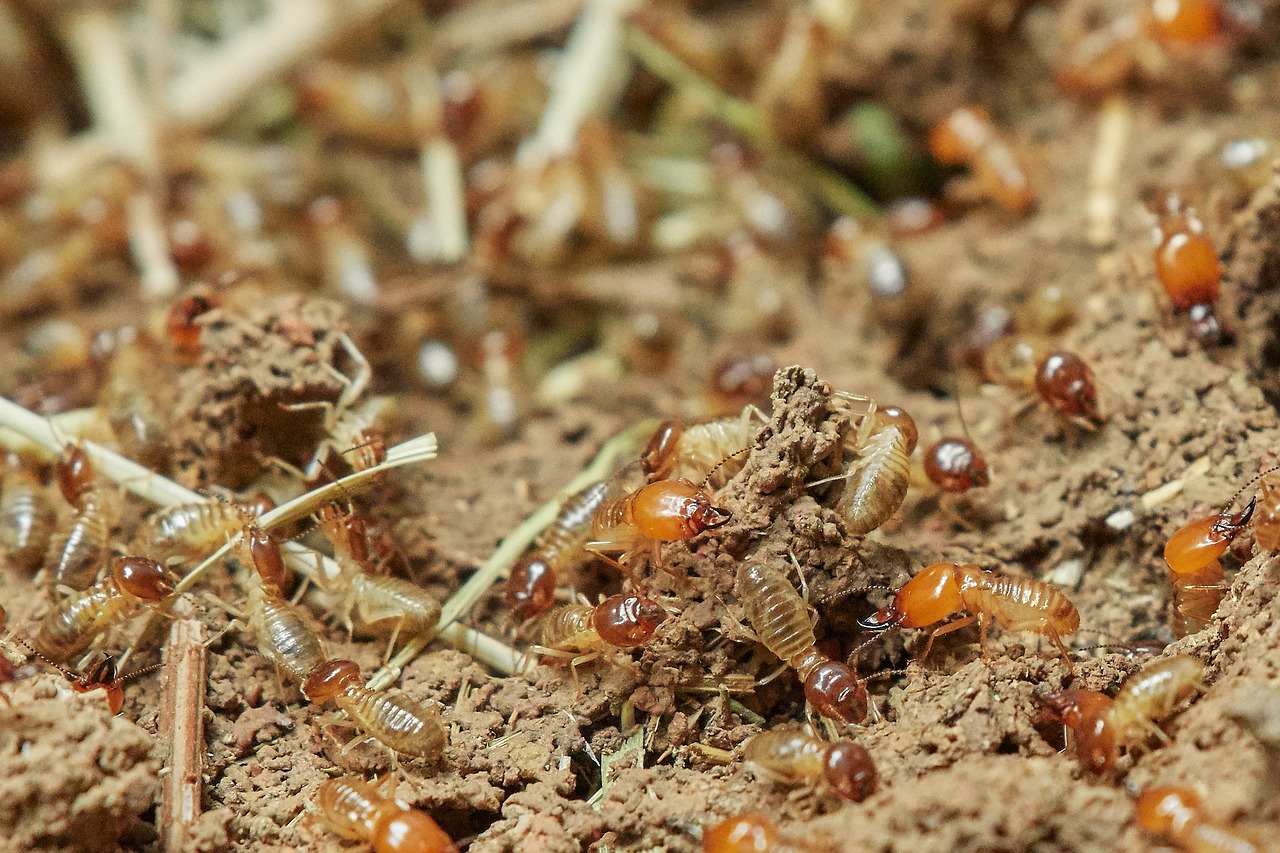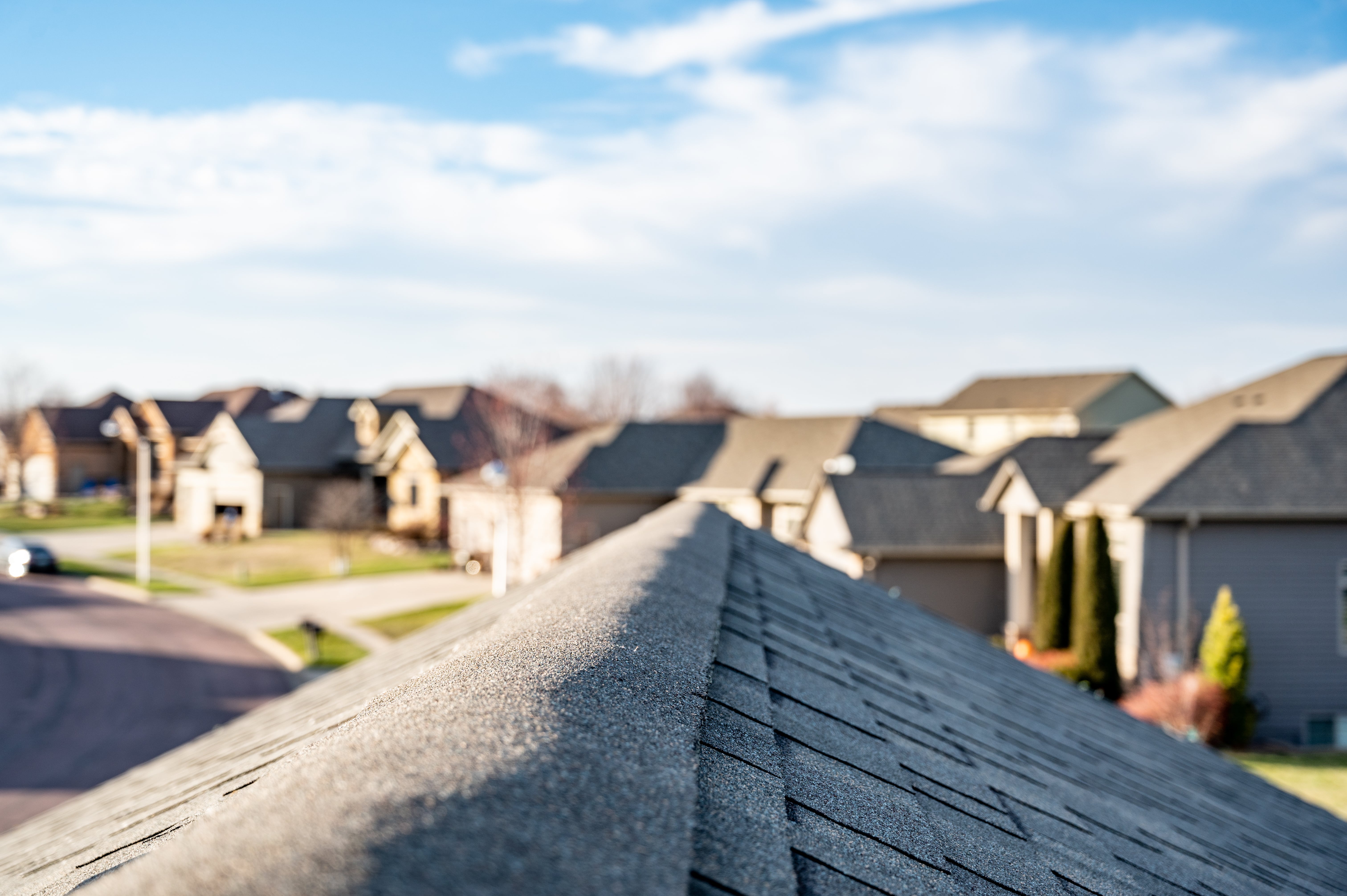Call today to schedule an inspection: (803) 261-4768
Home Inspection Blog Posts & Tips

Termites? Nasty little creatures that devour your house slowly. Despite their diminutive size, termites are never to be trifled with. And the most effective means of detecting them plotting against your property is a termite inspection. A Termite inspection will reveal to you the areas of your property most vulnerable to damage from termites so as to safeguard against future infestations.
We know all too well the costly damage that pesky termite can cause to your property’s structure and valuables.
The best way to get rid of termites is to first be aware of the problem and follow-up with a pest control specialist
to eradicate your termite issue.
One of the most common questions asked is whether or not home inspectors check for termite damage. Although most home inspectors are qualified to inspect and identify termite activity, the two inspections serve different purposes. Although a general home inspection might not catch specific types of pest or termite damage, an inspector will still recommend that you follow-up with a professional pest or termite inspector.
The following areas are examined during a general home inspection:
- Home’s structure,
- Systems & components for defects
- Construction, electrical, plumbing
- Heating/cooling systems
- Roof, interior, and exterior components
What Is A Termite Inspection
Termite inspections are also referred to as Wood Destroying Organism (WDO) inspections. Inspectors look for the presence of various wood-destroying organisms in the home.It’s a visual inspection of the interior and exterior of a structure for evidence of termites and damage caused by these wood-destroying insects.
When scheduling a Termite Inspection, be prepared for the inspector to ask many questions about your home's construction and recent changes. They will also be looking for water leaks, signs of moisture, and any wood that's in contact with the ground.
The inspector will then perform a thorough inspection of the property, checking both the inside and outside of the home.
They will look at crawl spaces, basements, and anywhere else termites might gain access to the structure.
The following areas are examined during a general home inspection:
- Home’s structure,
- Systems & components for defects
- Construction, electrical, plumbing
- Heating/cooling systems
- Roof, interior, and exterior components
What Is A Termite Inspection
Termite inspections are also referred to as Wood Destroying Organism (WDO) inspections. Inspectors look for the presence of various wood-destroying organisms in the home.It’s a visual inspection of the interior and exterior of a structure for evidence of termites and damage caused by these wood-destroying insects. When scheduling a Termite Inspection, be prepared for the inspector to ask many questions about your home's construction and recent changes. They will also be looking for water leaks, signs of moisture, and any wood that's in contact with the ground.
The inspector will then perform a thorough inspection of the property, checking both the inside and outside of the home.
They will look at crawl spaces, basements, and anywhere else termites might gain access to the structure.
Here’s What You Should Expect
Preparing for a termite inspection won't take a lot of time, but there are a few things you can do to help make it go more smoothly. You'll need to move anything stored under your kitchen and bathroom sinks or in your garage or against your home's walls.
- Clear any clutter from around the interior of your property.
- Remove all easily movable items from under sinks, around pipes and in bathrooms and kitchens.
- Move the majority of easily movable items, including furniture towards the center of the room (away from the walls),
to allow access to the perimeter. - Look around your property and if there are overgrown hedges or plants up against the exterior of buildings, cut them back.
Termite inspectors will check the following:
Structural integrity: The Termite inspector will check that your entire house structure has no cracks or holes where termites could enter and cause severe damage. They'll also inspect for rotting wood, an open window or a door that can allow insects entry through a topsoil mound.
Termite Habits: The Termite inspector will check for these tubes, as well as evidence of past or present termite activity such
as wings, droppings and damage to wood.
Bottom line:
Termites, if left untreated, can give unimaginable consequences to you and your house. Save yourself from spending thousands of dollars by getting rid of your termites and follow-up with a pest control specialist to treat your termite infestation.





